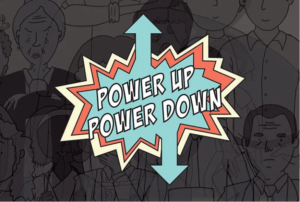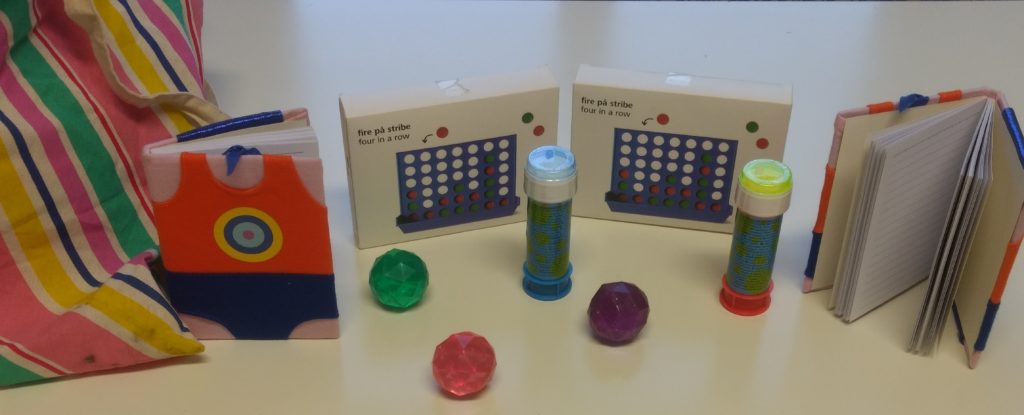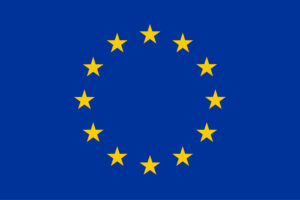Our journey through Power Up/Power Down in Portugal
A key part of the IJCC project is for each partner country to trial a model for engaging with children affected by domestic violence in relation to child contact decisions. UMAR – União de Mulheres Alternativa e Resposta – one of the IJCC partners in Portugal, has recently completed a trial based on Power Up/Power Down, tailored to the specific needs of the Portuguese context. In this blog you can read about their experiences.
To set up the work based on Power Up/Power Down we first had to:
- finalise the translation and adaptation of the Power Up/Power Down methodology,
- establish contact through a children’s support worker at an UMAR shelter for women affected by violence,
- meet with mothers and children to present the project, explore their interest and gain their consent.
We were then able to proceed with an incredible group of boys and girls aged between 7 and 11 years old.

Scottish Women’s Aid/Children and Young People’s Commissioner Scotland, Power Up/Power Down logo
Six Power Up-Power Down sessions were held at “Universo D”, a space dedicated to children and young people’s rights, belonging to Lisbon Council. We introduced a new ‘Session 0’, a preparatory session delivered by the technicians at this centre, who gave us an introduction to the space and carried out their “Children’s Rights Journey” activity – a ‘trip’ through some of the most important articles in the UN Convention on the Rights of the Child. This was a good moment for the group to become acquainted not only with the space, but with us and with each other too.
Before starting, we discussed some important issues: the beginning and closure of the sessions, the end of the project, evaluations, the setting – which included safe spaces to take a break and a microphone that children could use to speak their minds. We also drafted our Golden Rules, about safety and confidentiality, with the children. Having agreed upon these rules and making it clear that they were open to discussion as the project developed, we embarked on our journey. The six sessions were held twice a week with several days between each session, giving the children time to digest and process the information and any feelings our work stirred in them. Each session was three hours long with a break in the middle. We met regularly over the course of an entire month almost!
As we said goodbye, we committed ourselves to transmitting the children’s opinions to people in power
Over the project, there were many activities that the group responded very well to – such as the ‘Power Bag’, where the children discussed what power means to them, prompted by a variety of images that they pull out of a bag, and the ‘Power Line’, where the children discuss how much power different people in society have, putting them on a line from the Super Powerful to the Powerless. We adapted some activities, such as recalling the storyboard with a theatrical role-play (taking great care to cast one of ourselves as the perpetrator of the abuse), which the children loved to organise and perform. Free time during the breaks and also an evaluation, where we laid in a circle looking up at the ceiling, were incredible and truly insightful experiences!
At the end of the sessions, we always had a present for each child, mainly games they could play and interact with someone else (e.g. Bouncy balls, a miniature Connect 4).

UMAR, Presents given to children taking part in Power Up/Power Down sessions
We held a celebration party at the end; it was a nice way to round off our journey together. As we said goodbye, we committed ourselves to transmitting the children’s opinions to people in power and also to editing a video with the children’s ideas on things we had discussed along the way.




Comments are closed
Comments to this thread have been closed by the post author or by an administrator.